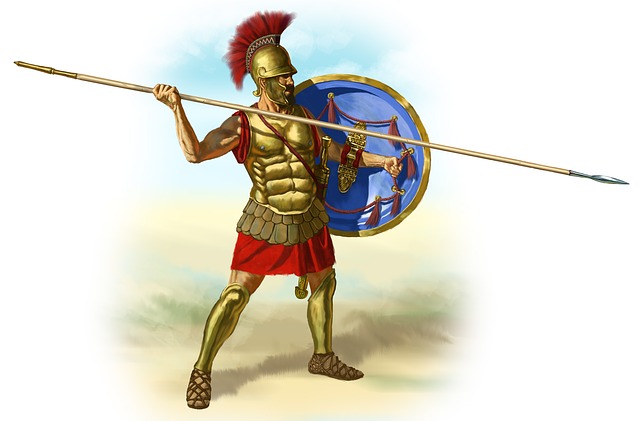Romans vs Greeks
Understanding the difference between Romans and Greeks is not difficult. Both were parts of significant civilizations that shared many aspects, such as architecture and beliefs, since they existed during the same time and close to one another. Consider the Roman and Greek mythologies about gods – since the Greeks came first, the Romans followed them. For instance, Ares is the Greek God of war, while the Romans recognize Mars as the God of war as well as the God of fertility. According to the Greeks, Ares is very strong and terrifying due to his status as the true God of War Incarnate.
Key Takeaways
- Roman civilization began as early as the 8th century BC, while Greek civilization lasted from the 8th century to the 6th century BC.
- Greek sculptors depicted beauty and perfection, while Roman sculptors sought perfect likeness to real people, including all their flaws.
- Romans and Greeks believed in the same mythological figures but often gave them different names and sometimes additional powers.
More about Romans
Romans lived in the Roman Empire since as early as the 8th century BC. In terms of art, they sought perfect likeness in their artwork to real people, meaning that Roman sculpture includes all the flaws of real individuals. Romans believed in mythological figures and often gave them different names. For example, Venus, Mars, Diana (the Huntress), and Minerva (goddess of wisdom) are some Roman Gods. Nature was more of a disposable resource for the Romans, who were opposed to portraying animal characters in their stories and legends. They appeared practical and did not seem to appreciate or be inspired by the beauty of nature. The Romans were known for their construction skills and were considered excellent architects but not good mathematicians.
More about Greeks
The Greeks lived in Greece from the 8th century to the 6th century BC. Greek culture is believed to be older than Roman culture. In art, Greek sculptors depicted beauty and perfection, portraying ideal people. They believed in mythological figures and often gave them different names. For example, Aphrodite, Ares, Artemis (the Huntress), and Athena (goddess of wisdom) are some Greek Gods. The Greeks were more concerned about nature and found it inspiring. Greek philosophers and thinkers tried to understand nature better because they appreciated it. Greek stories and legends also portrayed animal characters. The Greeks were good mathematicians and architects, having built some incredible structures.
Differences between Romans and Greeks
- Romans lived in the Roman Empire as early as the 8th century BC, whereas the Greeks lived in Greece from the 8th century to the 6th century BC.
- Greek culture is believed to be older than Roman culture, with the influence of Greek architecture on Roman architecture suggesting that the Greeks were there first.
- While Greek sculptors depicted beauty and perfection, Roman sculptors sought perfect likeness to real people, meaning that Roman sculpture includes all the flaws of real individuals.
- Romans believed in the same mythological figures as the Greeks but often gave them different names and sometimes additional powers. In fact, the Romans followed the categorization of gods and goddesses of the Greeks.
- Nature was more of a disposable resource for the Romans, while the Greeks were more concerned about nature and found it inspiring.
- Greek stories and legends portrayed animal characters, whereas the Romans were opposed to portraying animal characters in their stories and legends.
- Romans appeared more practical than Greeks, for example, by building roads.
- Both Greeks and Romans were great architects, but Greeks were better mathematicians.
- Greeks divided their society into categories of slaves, free men, metics, citizens, and women, while Roman society consisted of Free Men, Slaves, Patricians, and Plebeians.
